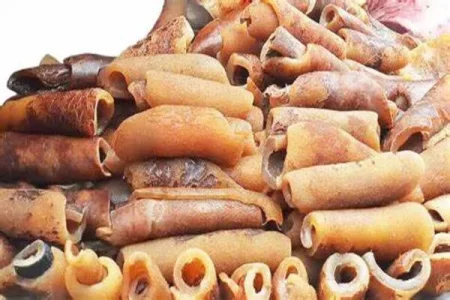
The Nigerian Institute of Leather and Science Technology (NILEST) plans to establish mini tanneries across all states to process hides into leather. This initiative aims to reduce ponmo consumption, revitalize the leather industry, create jobs, and boost exports. The project will address power challenges and infrastructure issues.
The Nigerian Institute of Leather and Science Technology (NILEST) has announced plans to establish mini tanneries in all 36 states across the country to tackle the underutilization of hides and skins. The initiative aims to process cow hides into leather, reducing the reliance on ponmo, which has become a staple in Nigerian diets due to insufficient processing capacity in existing industries.
Mohammed Yakubu, NILEST’s Director-General, emphasized the importance of these tanneries for revitalizing Nigeria’s leather industry, which once boasted branches in Italy and Spain. The sector, however, suffered a decline due to poor infrastructure, particularly the high cost of power, which accounts for over 50% of production costs. Yakubu called for the federal government to address the power supply issue, as cheap and reliable electricity is essential for the industry to compete internationally.
By setting up mini tanneries, Yakubu hopes to reduce the volume of hides consumed as ponmo, noting that Lagos alone slaughters about 100,000 cows daily, far outpacing the 48 processing industries in the country. The mini tanneries, each processing up to five tonnes of leather weekly, would not only address local demand but also create export opportunities while providing jobs and attracting foreign exchange.
The initiative also aligns with NILEST's efforts to discourage the consumption of ponmo, a move that has faced some resistance but is seen as vital for developing the leather industry and reducing waste.




